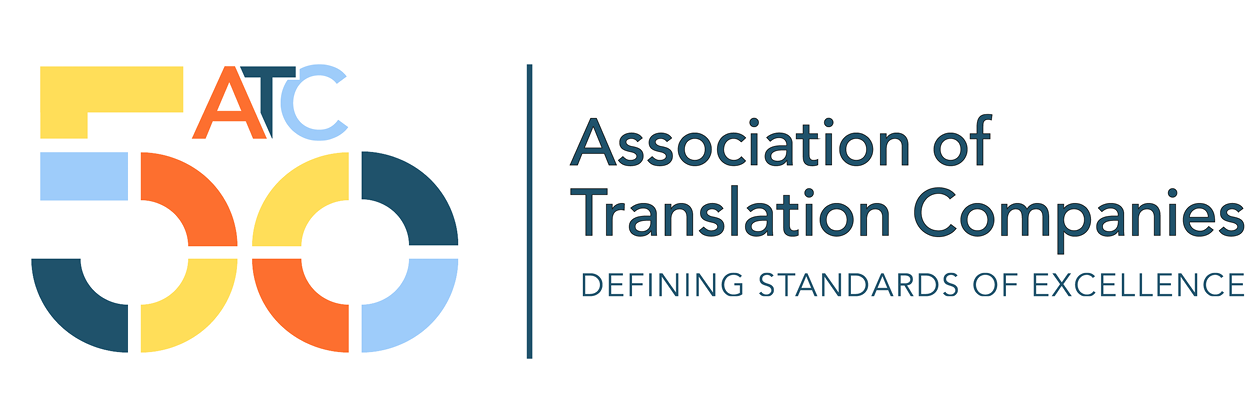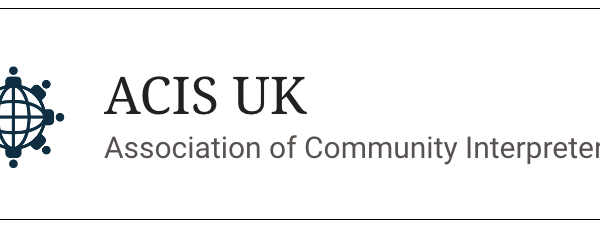Whether you're looking to exit or find a buyer for your business, or to grow…

The ATC’s members-only resources on employment statuses and relationships give you a concise overview of the risks and considerations around employment statuses and employment business regulations, as well as employment relationships with freelance translators and interpreters.
These resources are tailored for language service companies in the UK, and can be accessed via the ATC Member Area.
NEW! Employment status guide with legal partner BRIDGE
The ATC’s legal partner BRIDGE Employment Law has produced a guide and an explanatory webinar on employed, worker, and self-employed statuses, which support ATC member companies to identify and manage relationships with freelance linguists.
BRIDGE offers ATC member companies free consultation calls, legal advice, audits and assessments around employment law and HR, and in the review and drafting of commercial terms. BRIDGE also provides ATC members with a free guidance document on Employment Agencies Act assessments, and a 10% discount on all assignments.
Contact: Lee Stephens at stephens@bridgeehr.co.uk / Tel. 01904 360 125
Guidance on employment business requirements
The Employment Agency Standards Inspectorate (EAS), a government regulator operating under the Department for Business and Trade, has issued guidance for providers of interpreting services to comply with the requirements of the Employment Agencies Act 1973 and Conduct of Employment Agencies and Employment Businesses Regulations 2003.
This guidance indicates that, in EAS’s view, most service providers that supply specialist interpreting or other (linguistic) services will likely be acting as an employment business as they contract with linguists and pay them for work that is carried out.
You can read the EAS guidance here.
You can find more guidance for Employment Businesses here.
The ATC’s Employment Business & Relationships Guide guides you through these considerations, focusing on assessing your company’s situation, and identifying and managing risks around employment relationships.

